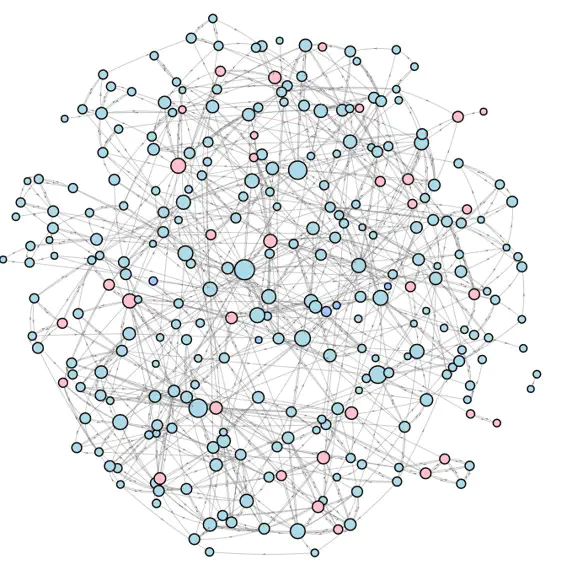Partners in force? Understanding police use of force from a network perspective

Abstract
When police abuses occur, they tend to involve groups of officers, rather than lone officers acting independently. The impact of individual acts of police abuse is evident, but the way in which groups of abusive officers emerge within police forces is still not fully understood. A key question is what leads some officers to engage in use of force with some colleagues but not others? This study provides a starting point to answer this question, by exploring ‘force partnerships’ – including officer characteristics and network dynamics that lead officers to become co-involved in use of force incidents. Drawing from nearly 12,000 use of force reports across seven New Jersey police departments, we examine the network ties among 1,894 officers involved in at least one force incident. We operationalize and define network ties between officers as any instance where they were involved in the same use of force incident. By aggregating this data across all officers and force reports, we reconstruct a network of force interactions. We then estimate exponential random graph models to examine the which officer-level attributes, such as race/ethnicity, rank, and tenure, as well as network structures, are associated with higher probabilities of any pair of officers’ becoming co-involved in use-of-force incidents.